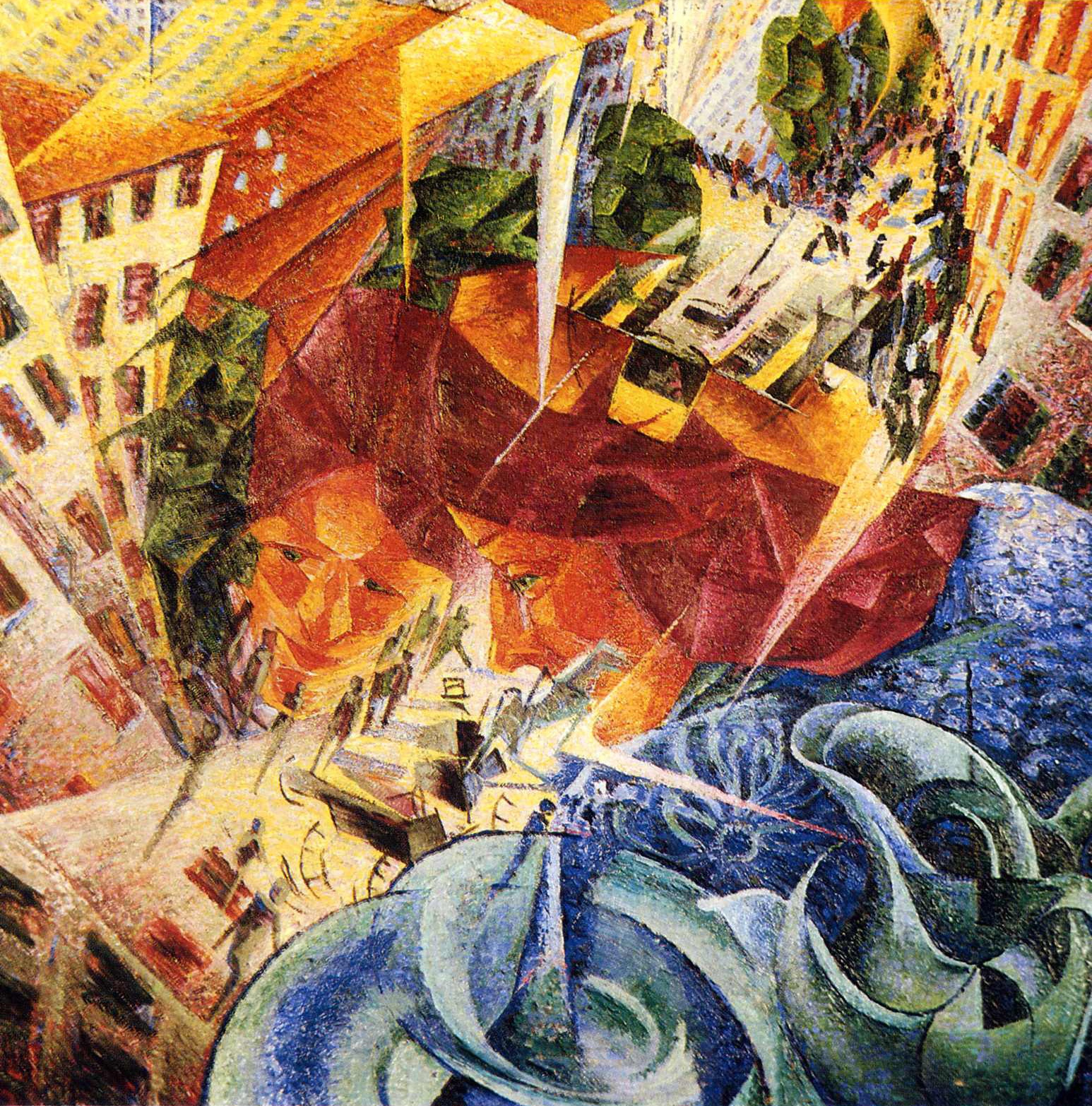Science and the superficial life: does devotion to science stifle human potential?
True modernism is freedom of mind, not slavery of taste. It is independence of thought and action, not tutelage under European schoolmasters. It is science, but not its wrong application in life,—a mere imitation of our science teachers who reduce it into a superstition absurdly invoking its aid for all impossible purposes.
Science, when it oversteps its limits and occupies the whole region of life, has its fascination. It looks so powerful because of its superficiality,—as does a hippopotamus which is very little else but physical. Science speaks of the struggle for existence, but forgets that man’s existence is not merely of the surface. Man truly exists in the ideal of perfection, whose depth and height are not yet measured. Life based upon science is attractive to some men, because it has all the characteristics of sport; it feigns seriousness, but is not profound.
When you go a-hunting, the less pity you have the better; for your one object is to chase the game and kill it, to feel that you are the greater animal, that your method of destruction is thorough and scientific. Because, therefore, a sportsman is only a superficial man,—his fullness of humanity not being there to hamper him,—he is successful in killing innocent life and is happy. And the life of science is that superficial life. It pursues success with skill and thoroughness, and takes no account of the higher nature of man.
But even science cannot tow humanity against truth and be successful; and those whose minds are crude enough to plan their lives upon the supposition, that man is merely a hunter and his paradise the paradise of sportsman, will be rudely awakened in the midst of their trophies of skeletons and skulls. For man’s struggle for existence is to exist in the fullness of his nature,—not by curtailing all that is best in him and dwarfing his existence itself, but by accepting all the responsibilities of his spiritual life, even through death and defeat.
Rabindranath Tagore, “The Spirit of Japan,” A Lecture delivered for the Students of the Private Colleges of Tokyo and the Members of the Indo-Japanese Association, at the Keio Gijuku University, July 2, 1916









Leave A Comment